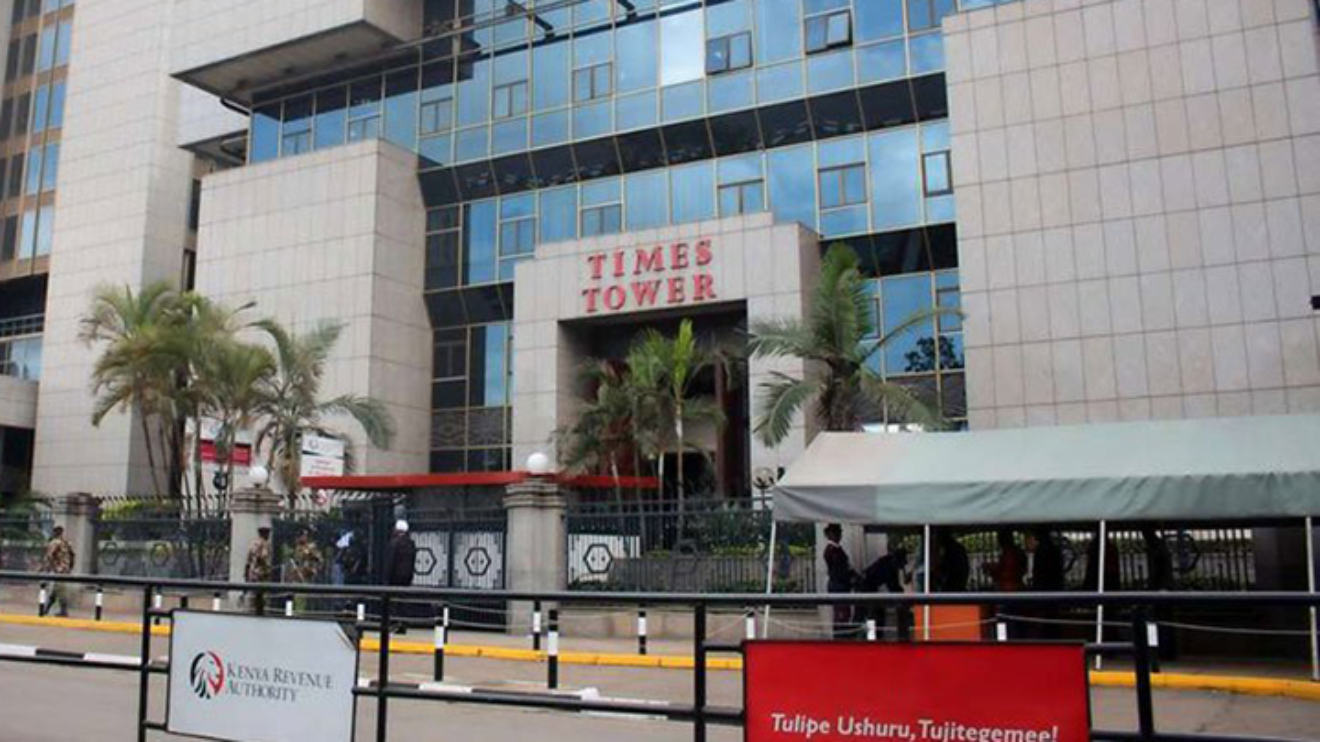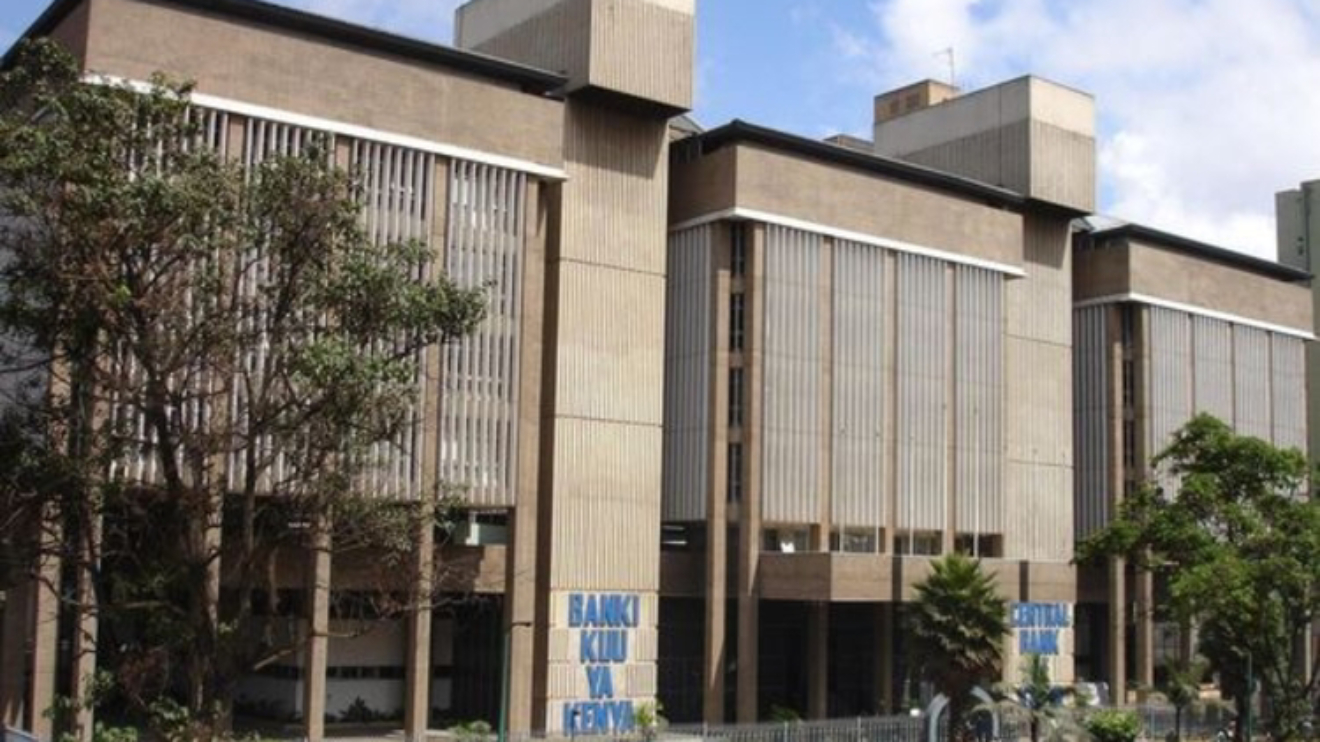The Kenyan government, through the Kenya Revenue Authority (KRA) has announced the introduction of significant amendments to its tax laws with the enactment of the Finance Act 2023.
These changes, effective from various dates throughout the year, impact several key aspects of taxation, aiming to streamline processes and generate revenue for national development.
From income tax to VAT, the new provisions promise both challenges and opportunities for individuals and businesses alike.
Income Tax Reforms:
One of the most noteworthy changes in the Income Tax Act involves the treatment of employment-related allowances and benefits.
Read More
Payment of travelling allowances based on the approved standard mileage rate by the Automobile Association of Kenya will no longer be subject to income tax.
However, employer-sponsored club entrance and subscription fees will now be considered a benefit and taxed on the employee, while the expenses will be deductible for the employer.
Moreover, the valuation of shares for taxation as a benefit will be calculated when the employee exercises the option rather than when the option is granted.
This will affect employees offered company shares in lieu of cash emoluments. Additionally, individuals will be allowed to defer the taxation of shares allocated by their employers, provided the shares are offered as an alternative to cash.
Repatriated Income Tax:
A new taxation regime for non-residents with a permanent establishment in Kenya has been introduced, with repatriated income now subject to a 15 per cent tax rate.
This change also brings a reduction in Corporate Income Tax (CIT) rates from 37.5 per cent to 30 per cent, effective from January 1, 2024.
Turnover Tax Adjustment:
The upper threshold for turnover tax has been halved, lowering it to Sh25 million, and the tax rate has been increased to 3 per cent from the previous 1 per cent, effective from July 1, 2023. This change aims to enhance tax compliance among businesses with a lower turnover.
Cryptocurrency Taxation:
The Finance Act 2023 introduces taxation on income derived from the transfer or exchange of digital assets, including cryptocurrency transactions, at a rate of 3 per cent. This new tax will be effective from September 1, 2023.
VAT Amendments:
The Act brings significant changes to Kenya's VAT landscape. Notably, VAT on petroleum products will now be at a standard rate of 16 per cent. The Act also removes VAT on liquefied petroleum gas (LPG), while clarifying that suppliers of imported digital services are required to register for VAT irrespective of their taxable supplies or projected turnover, aligning with an annual threshold of Sh5 million.
Excise Duty Adjustments:
The Act revises excise duty rates on several items. It introduces a payment window of 24 hours for betting and gaming transactions. Furthermore, electric motorcycles are now excluded from excise duty.
Excise duty rates have been increased for imported glass bottles, alkyd, unsaturated polyester, emulsion VAM, emulsion-styrene acrylic, homopolymers, and emulsion B.A.M.
Meanwhile, adjustments have been made for telephone and internet data services, fees for money transfer services, and excise duty rates on betting, gaming, and advertisements related to alcoholic beverages, betting, gaming, lotteries, and prize competitions.
Tax Procedures and Amnesty:
Taxpayers can take advantage of an amnesty on interest and penalties for principal tax due before December 31, 2022. Additionally, the Act introduces provisions for offsetting or refunding overpaid taxes, and taxpayers can now use overpayments to settle outstanding debts.
Other Key Changes:
Several additional changes are included in the Finance Act 2023. These changes span various areas, including the interest on mortgages, filing of income tax returns, withholding taxes on specific payments, and more.
Additionally, new individual tax rates for PAYE have been introduced, with rates of 32.5 per cent and 35 per cent applicable to employment income above KES 6,000,000, effective from July 1, 2023.
Miscellaneous Fees and Levies:
The Act brings changes to the Import Declaration Fee (IDF) and Railway Development Levy (RDL), reducing the rates.
A new export and investment promotion levy has been introduced, with varying rates for specified goods. Notably, several exemptions from IDF and RDL have been expanded to include goods for diplomatic missions, aircraft, and more.
The Finance Act 2023 marks a monumental shift in Kenya's tax regime, encompassing a wide spectrum of amendments designed to streamline taxation, promote economic growth, and perhaps ensure a fairer system.
These measures not only affect businesses and individuals but also signal Kenya's commitment to modernise its fiscal policies for the evolving economic landscape.
As the Act takes effect gradually from various dates, it remains to be seen how these changes will shape the nation's financial trajectory.











